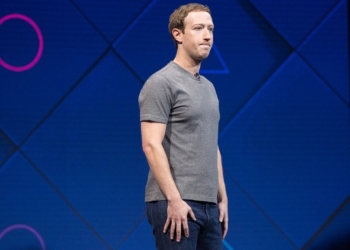Progressive Media Outlets—Including This One—Decry Facebook’s Plan to Act as Gatekeeper of “Trustworthy” News
Critics noted that while corporate outlets like MSNBC, the Washington Post, and the New York Times will likely be proclaimed ...
Read moreDetails







